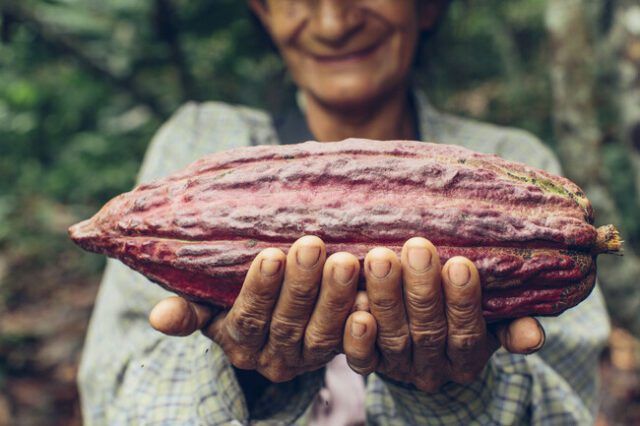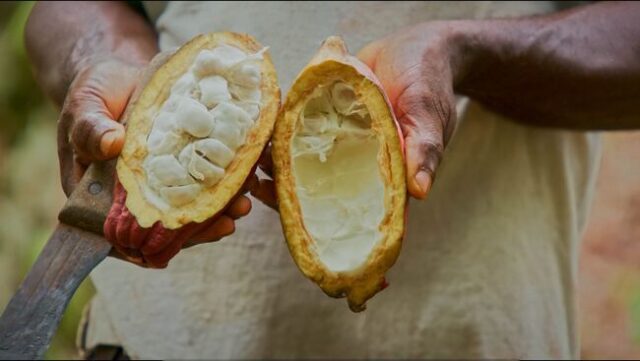
A groundbreaking discovery by researchers in Zurich can potentially revolutionize the chocolate industry by turning cocoa bean waste into a natural sweetener, effectively reducing the need for added sugar in chocolate production. The team, led by scientist Kim Mishra at Zurich’s Federal Institute of Technology, has developed a method to transform the often-discarded husk and flesh of the cocoa bean pod into a sugary syrup. This innovation not only addresses the challenge of sugar reduction in chocolate but also tackles the significant issue of biological waste, which has long plagued cocoa farming. By converting the typically discarded components into a useful product, this approach could drastically cut down the methane emissions generated by rotting cocoa pod waste, offering an environmentally friendly alternative to traditional sugar-sweetened chocolate.

Mishra’s innovation also promises to provide economic benefits to cocoa farmers, who often struggle with poverty due to fluctuating prices of cocoa beans. By utilizing the entire cocoa pod, farmers could earn additional income from the pulp, which would be processed directly in the country of origin, thereby creating jobs and adding value to the local economy. Although the cocoa-derived sweetener is more expensive than conventional sugar, Mishra argues that this cost disparity is largely due to the substantial subsidies supporting sugarcane production. If such subsidies were removed, the new cocoa syrup could become a competitive alternative. Already, chocolate industry players from multiple continents have shown interest in Mishra’s invention, signaling a potential shift in the global chocolate market toward more sustainable and equitable practices.














